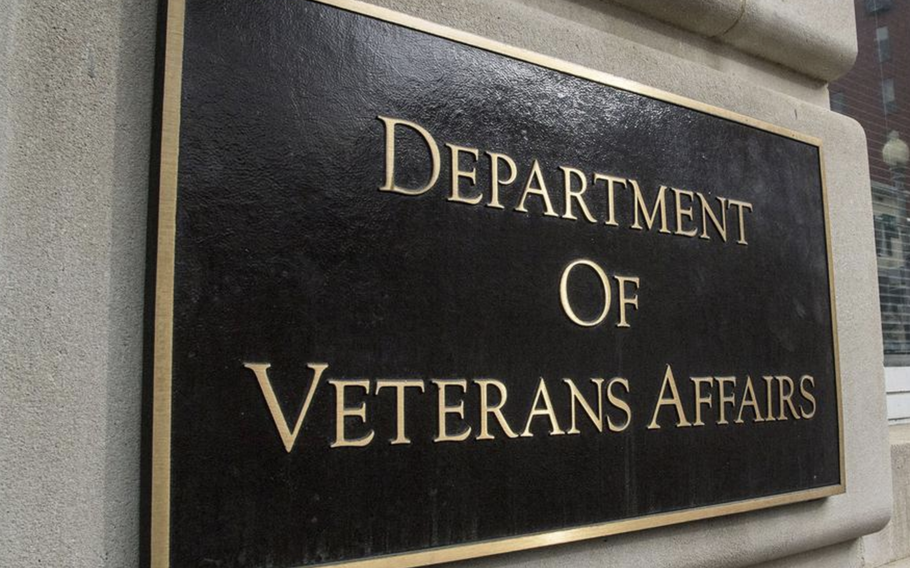
Veterans will now be able to receive a year of uninterrupted specialty health care outside the Department of Veterans Affairs network without seeking re-authorization, the agency announced. Veterans previously had to get a new referral every three to six months. (Stars and Stripes)
WASHINGTON — From cardiology and eye care to addiction treatment and mental health counseling, 30 different types of private medical services will be available to veterans for up to a year without interruption under a new policy announced by the Department of Veterans Affairs.
Veterans previously had to obtain a new referral from their VA doctor every 90 to 180 days to continue receiving many specialty health services at “VA expense,” the agency said.
“This change means better continuity of care, which leads to better health outcomes,” VA Secretary Doug Collins said Monday. The policy change is effective immediately.
When veterans cannot get timely medical appointments at VA clinics or hospitals, they are referred to vendors, which are private doctors in the community.
But expanding the length of time that non-VA care is delivered to veterans is controversial. Opponents of expanding non-VA health care argue the money that the VA spends on private care takes resources away from the agency’s extensive medical care system.
The National Association of Veterans Affairs Physicians and Dentists has stated the increase of community-based medical care for veterans should not detract from VA operations. The organization has urged Congress to continue investing in VA infrastructure and services.
“The goal should always be to provide timely, high-quality care without undermining VA services,” according to the association.
But the VA expects to reduce its workforce by 30,000 in fiscal 2025, which ends Sept. 30, as part of President Donald Trump’s order to downsize the federal government.
Decreases in the VA workforce will be through attrition, a hiring freeze and deferred resignations, the VA said. The agency has pledged to maintain staffing for essential clinical positions and not cut front-line workers.
The Mission Act, enacted in 2019, authorized veterans for the first time to seek non-VA health care from private providers. But mandates for frequent reauthorizations can delay and interrupt the delivery of health care, Collins said.
By extending authorizations to 12 months, doctors and other health care providers can focus more on treating veterans than on clearing administrative hurdles to continue care, he said. Having uninterrupted care also adds convenience for veterans seeking specialty medical services outside the VA, the agency said.
The VA is advising veterans to check in with their local VA medical center community care office to find out how their care might be affected by the change.
Veterans will not have to seek new referrals for 12 months after an initial authorization on the following health care services: Cardiology, dermatology, endocrinology, neurology and otology, otolaryngology or ENT, gastroenterology, urogynecology, addiction psychiatry outpatient, family and couples psychotherapy outpatient, mental health outpatient, nephrology, neurology, nutrition intervention services, oncology and hematology, neuro-ophthalmology, oculoplastic, eye care examination, optometry routine, orthopedic hand, orthopedic general, orthopedic spine, pain management, podiatry, podiatry DS, addiction medicine outpatient, pulmonary, physical medicine and rehabilitation (physiatry), rheumatology, sleep medicine and urology.